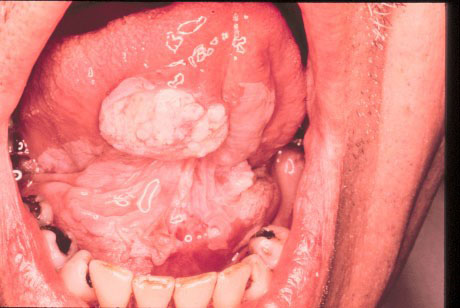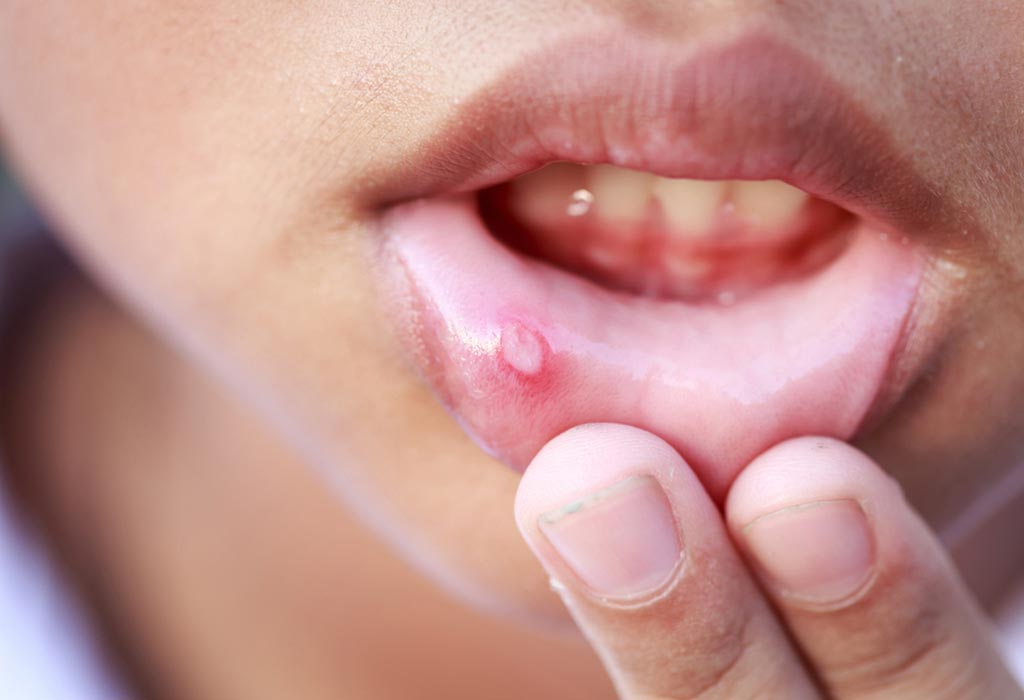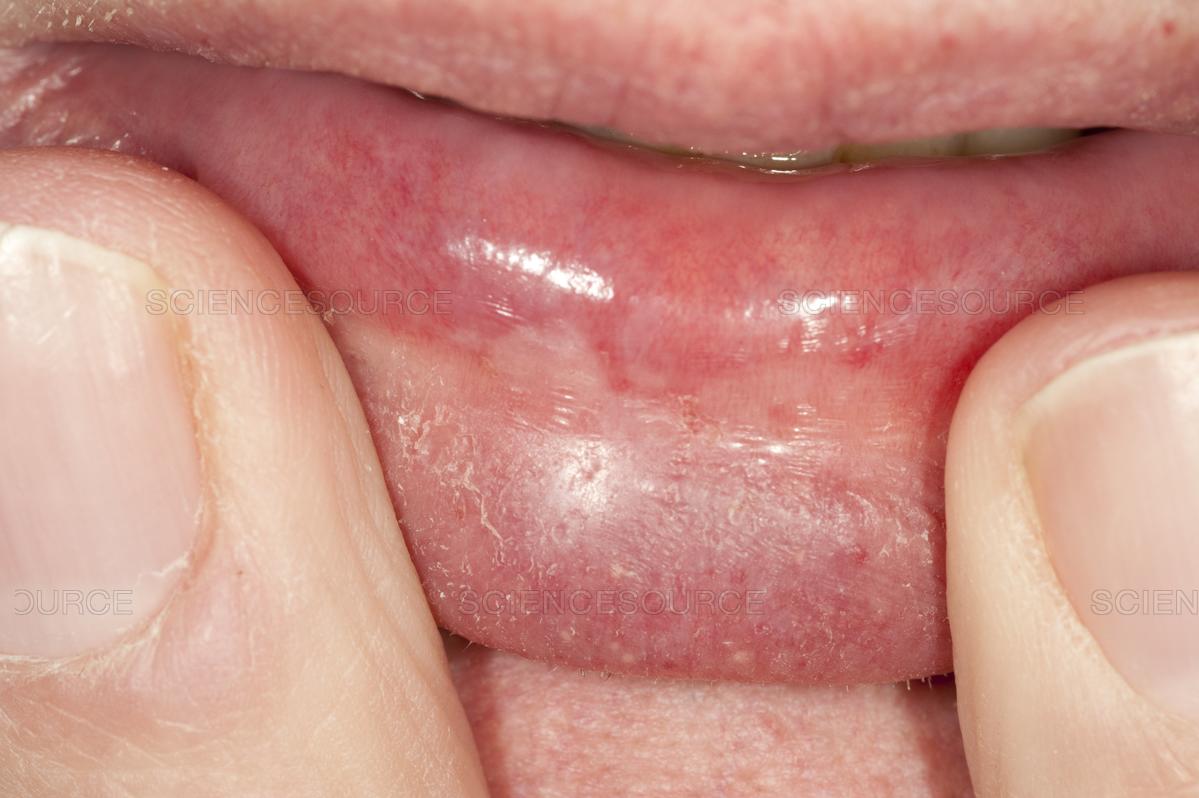Let’s Talk About Mouth Growths
Next to our feet, our mouth is probably the most overlooked part of the body, which is ironic, because we use it several times a day to talk and eat. According to doctors, however, you should pay more attention to your mouth because its health can mirror diseases and will serve as an early warning sign of health problems.
Fortunately, it’s easy to sense abnormalities in the mouth even without looking at it through a mirror because it’s sensitive. Lumps can easily be sensed by probing your mouth with your tongue, for example. These lumps should not be ignored because some can be cancerous tumors.

Let’s get to know the common mouth growths.
Traumatic Fibroma. These are lumps that grow on the lips, tongue, and cheeks that resulted from irritation or injury like biting your tongue. They usually heal quickly unless they’re injured again and develop a fibrous tissue, which is similar to a callus. It’s benign, but it can be removed through surgery then biopsied. Persistent lumps on the gums, however, might be a sign of tooth abscess or gum disease.
Warts. Ordinary warts can affect the mouth if there is contact with another part of the body (usually the hands) that have warts (Verrucae vulgaris). These are harmless and can be removed, but warts caused by sexually-transmitted diseases (these warts are called papillomas) are a different matter entirely.

Thrush. Also called candidiasis, this is a yeast infection that affects moist parts of the skin including the mouth. You will feel sticky white patches in your mouth, especially if you have problems in your immune system, diabetes, or you’re taking antibiotics. Thrush can be treated with antifungal medication.
Keratocanthomas. These are growths that form on areas that are exposed to the sun like the lips. They’re harmless and will disappear within 2 months, but be wary of growths that don’t go away after a while, because they could be cancerous tumors.

Canker Sores. Also called aphthous ulcers, these are painful sores with yellowish or white membrane that usually go away after 2 weeks or with corticosteroid treatment. Sores around the mouth that are recurrent are called cold sores (these are different from canker sores) and is a symptom of herpes simplex virus infection that must be treated with antiviral medication.
Mucocele. These are usually found under the tongue or inside the lower lip and appear as soft cyst-like growths. They are the result of injured salivary glands, but are not harmful and can be removed by surgery.
There are other growths caused by mouth diseases, injury, and infection, but the best way to determine what they are is to visit your dentist. Oral cancer for example, will exhibit various symptoms depending on the parts of the mouth that are affected. You are also more likely to have mouth problems if you smoke, abuse alcohol, and if you have a history of STDs. If you see or feel any abnormalities in your mouth, visit your dentist for a correct diagnosis.

Hi, Stranger! Leave Your Comment...